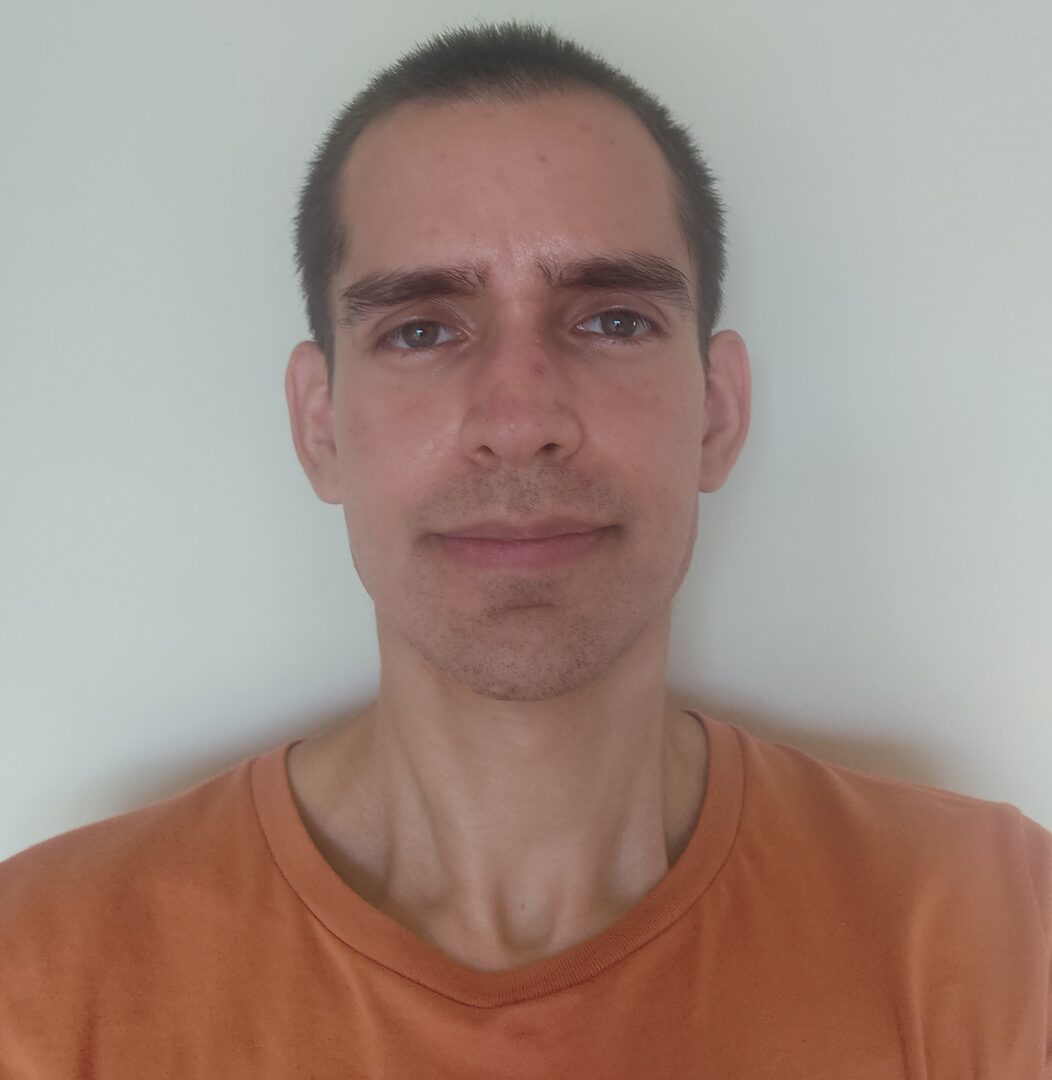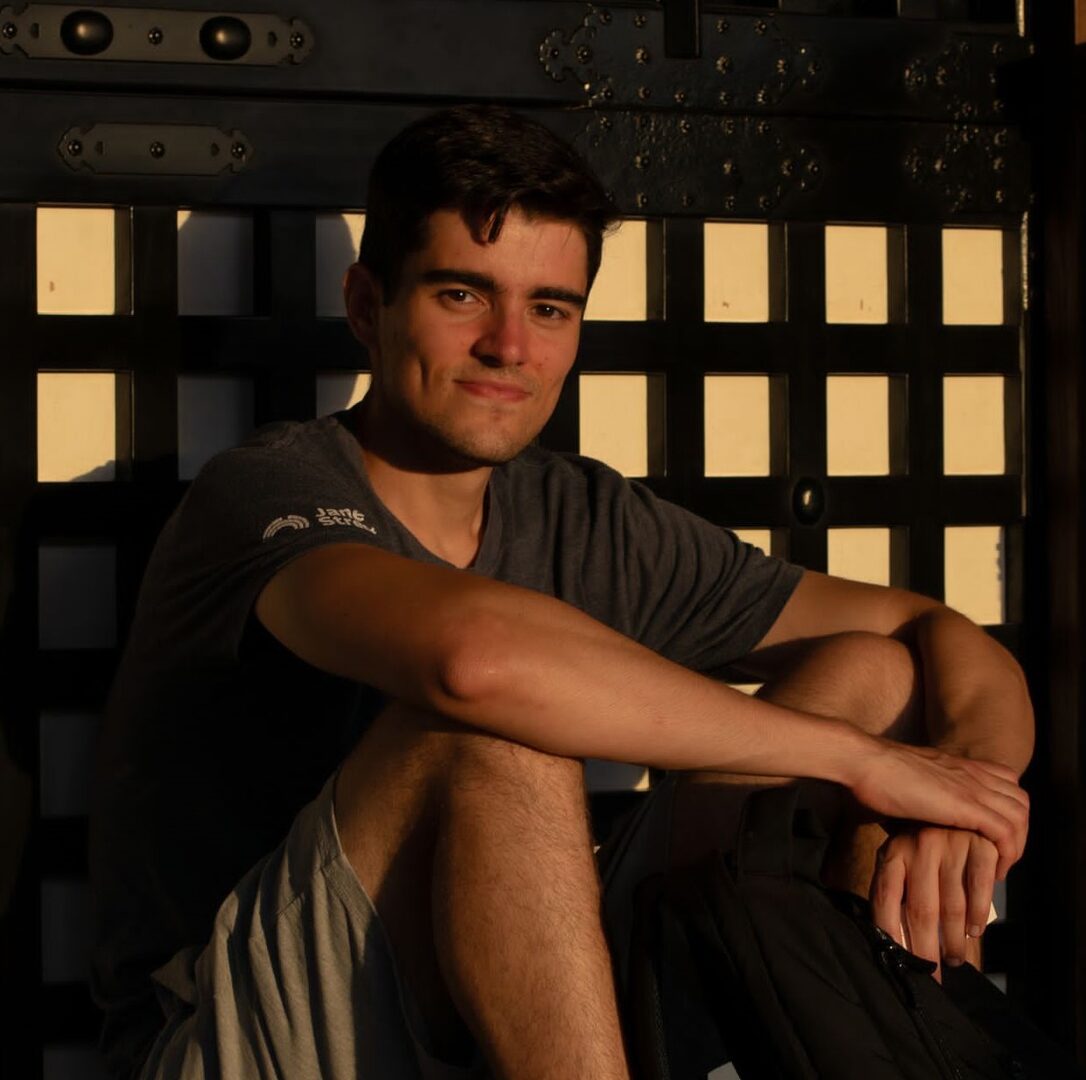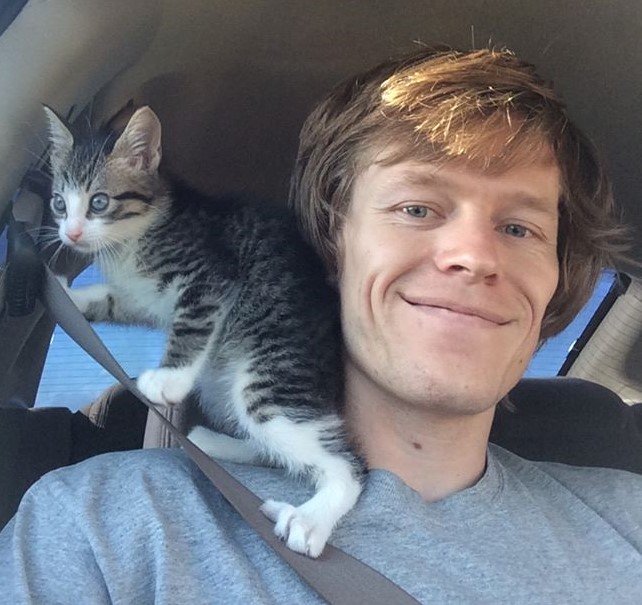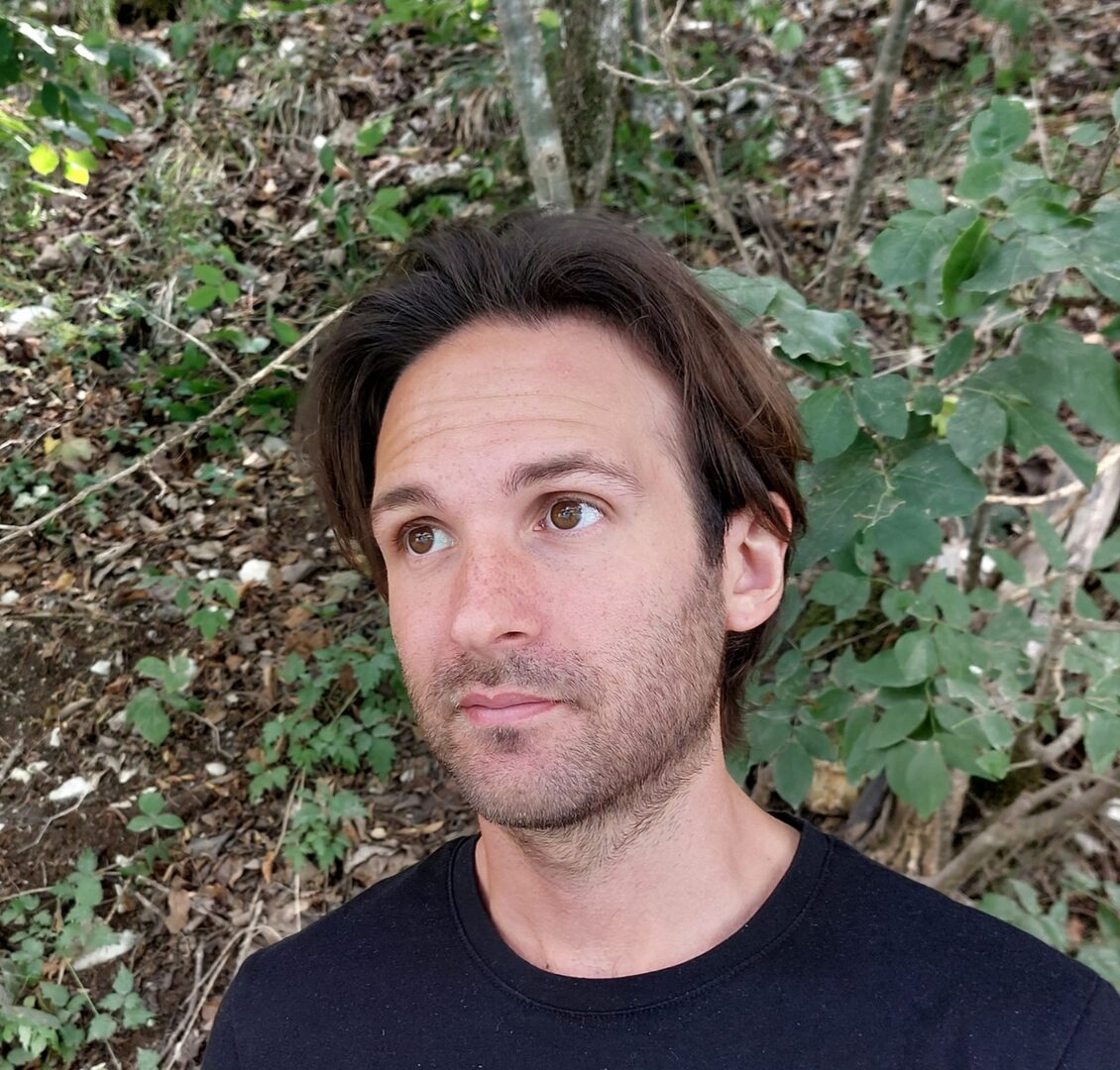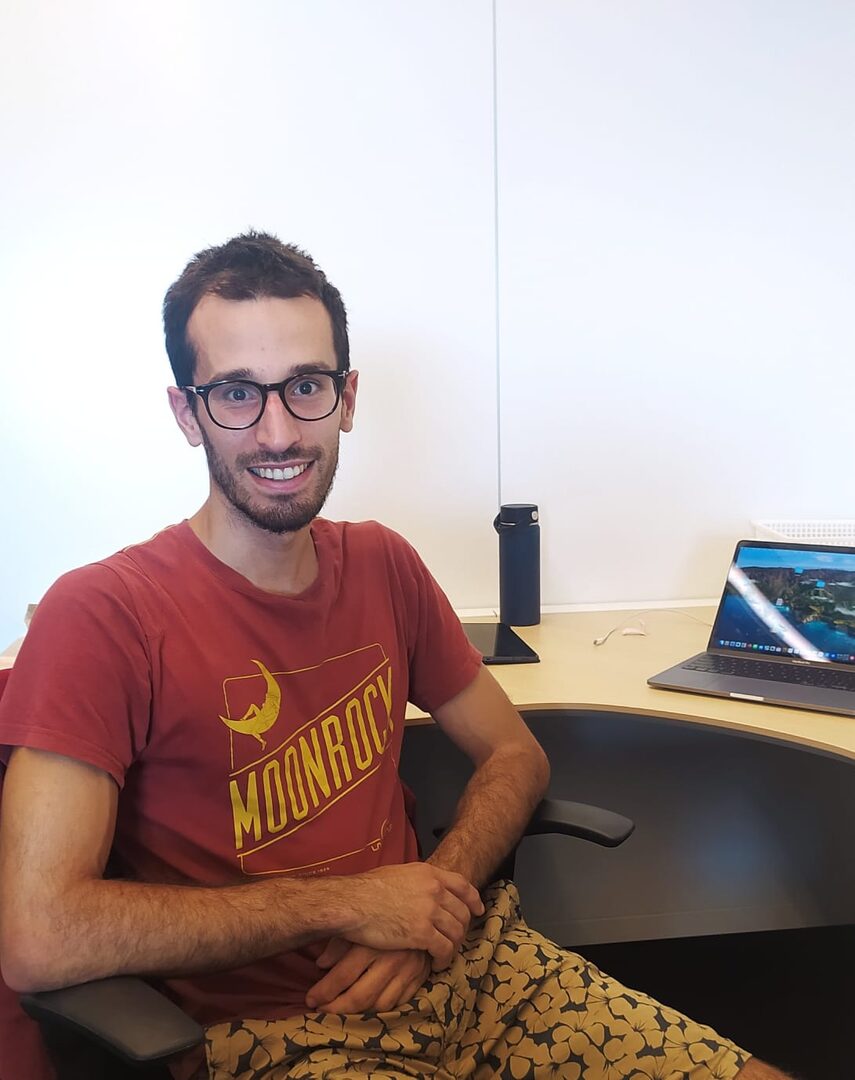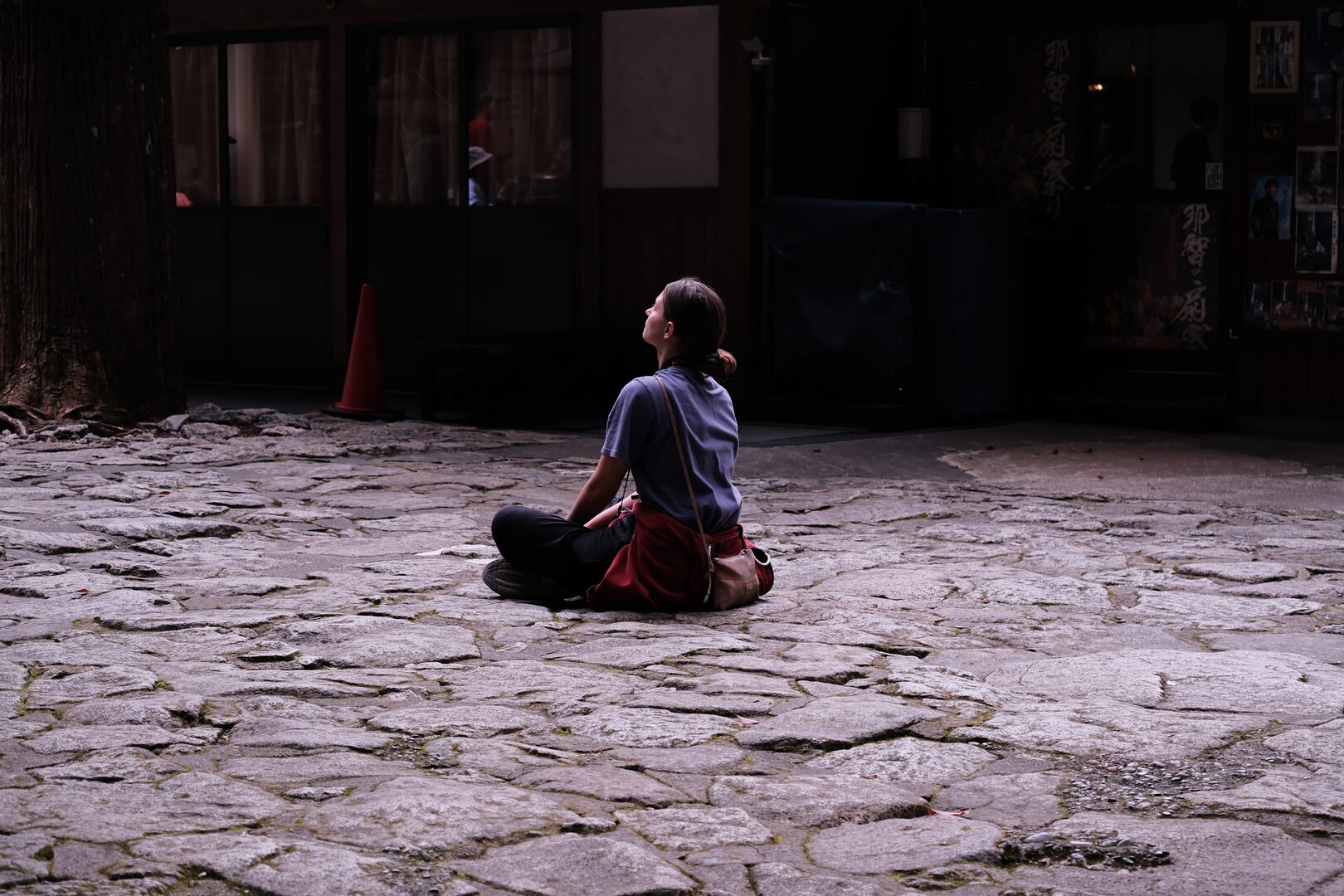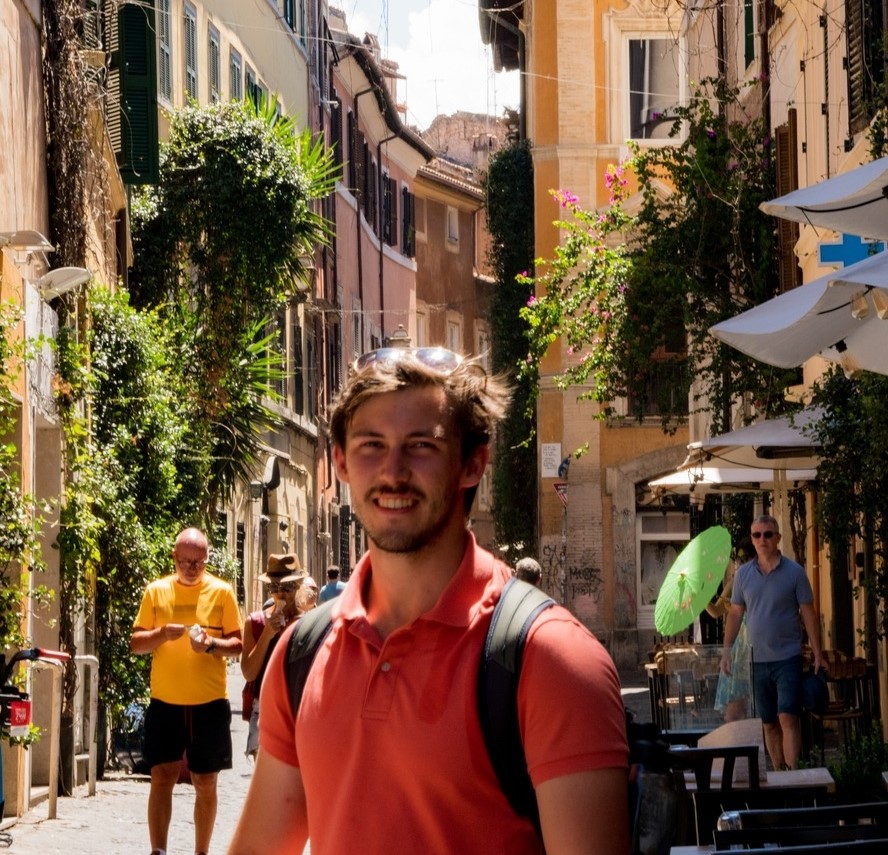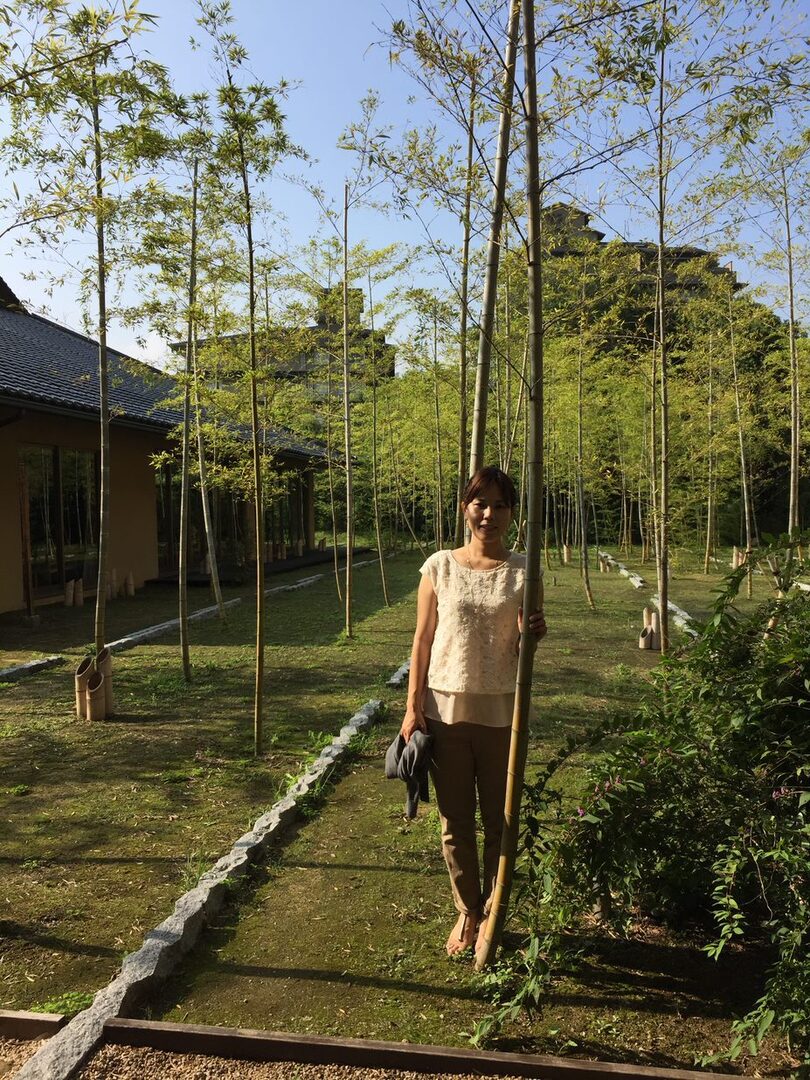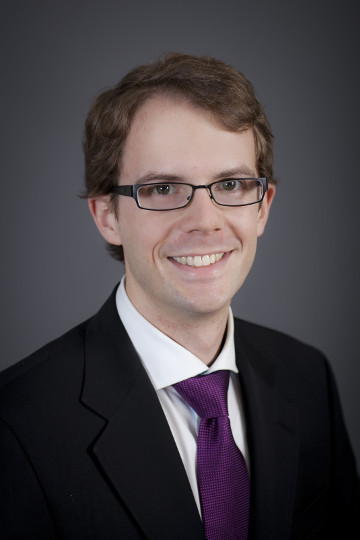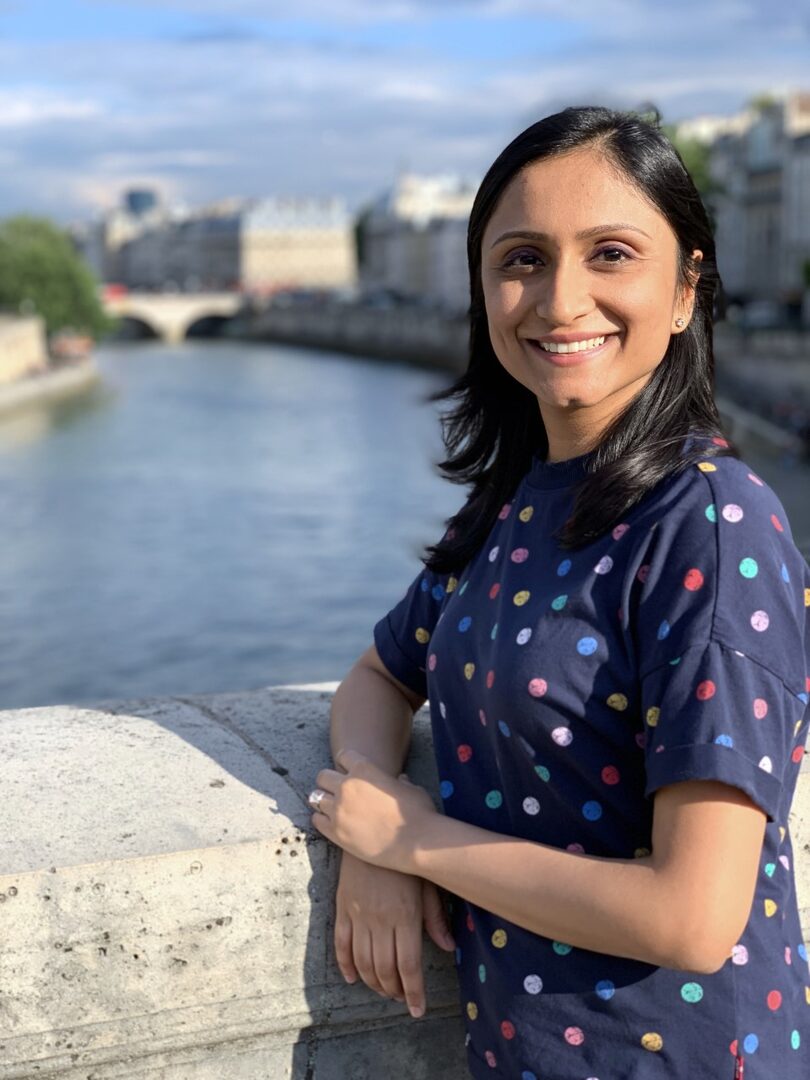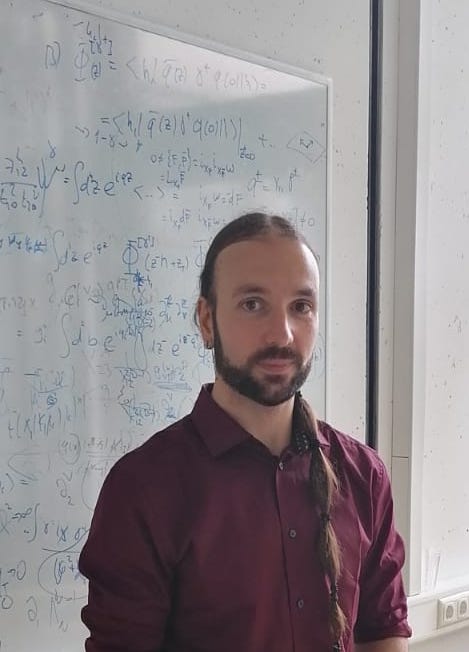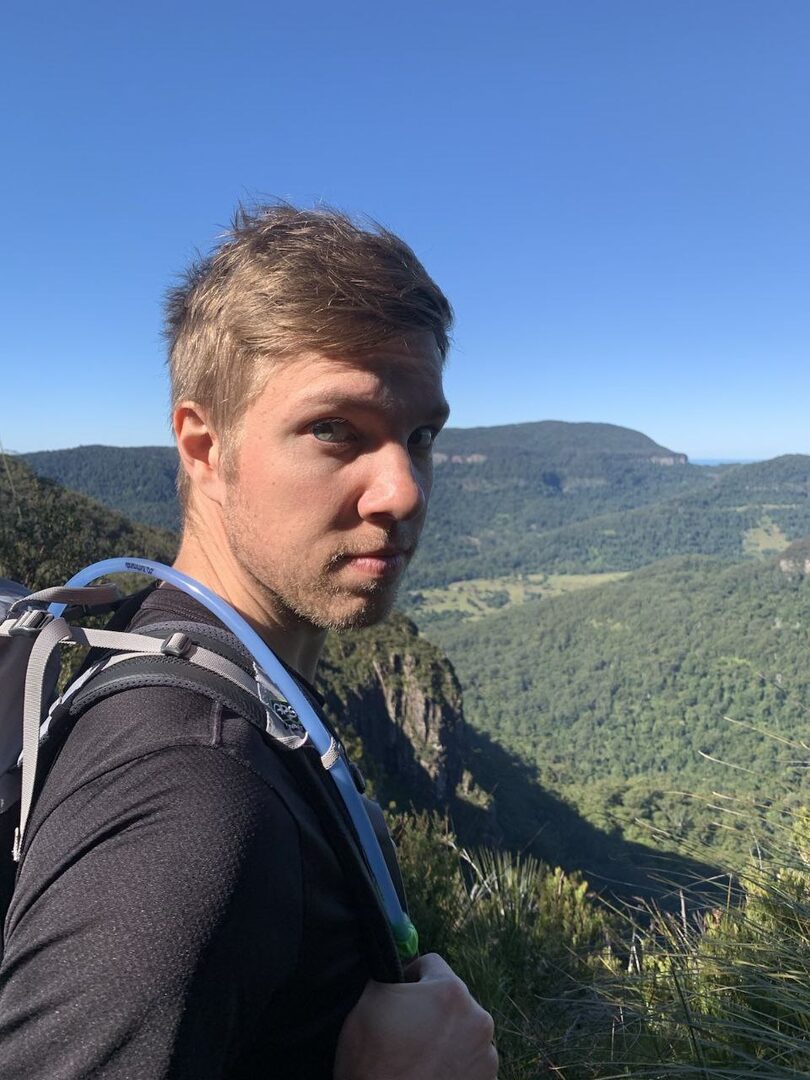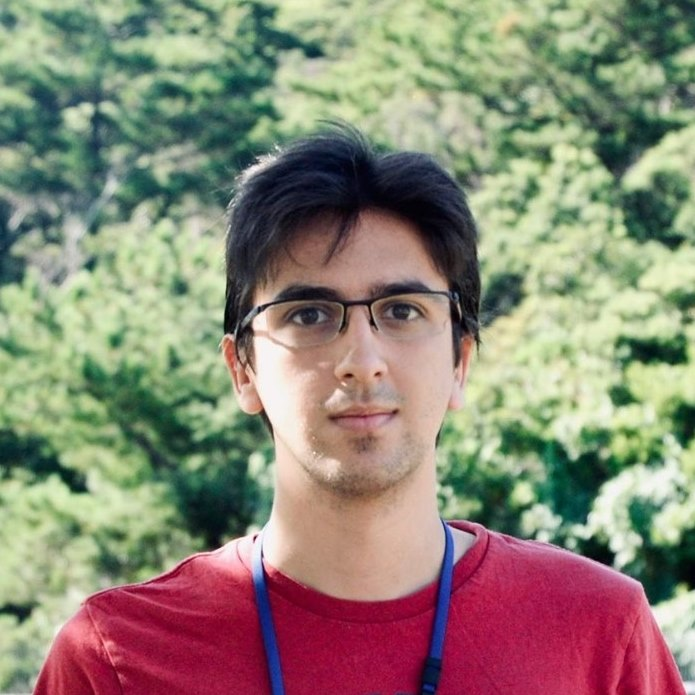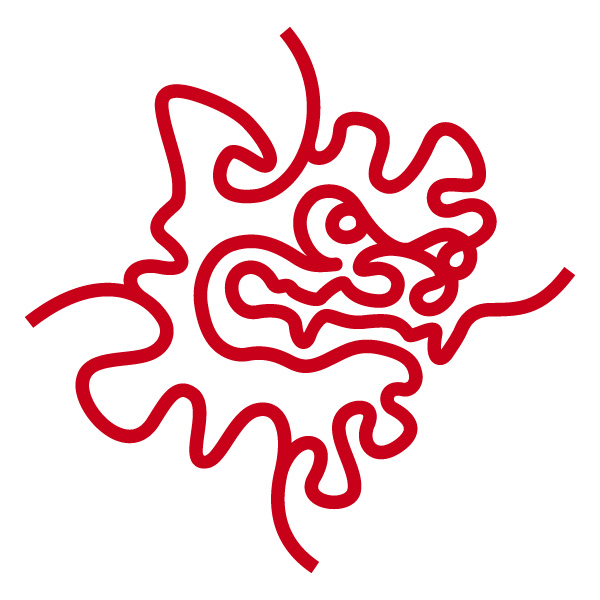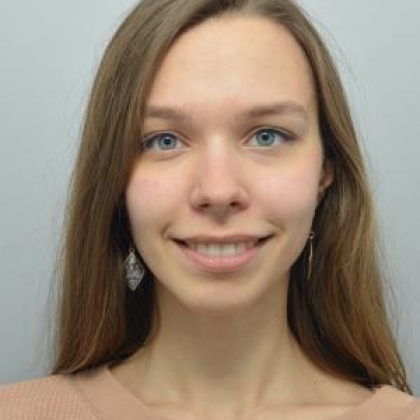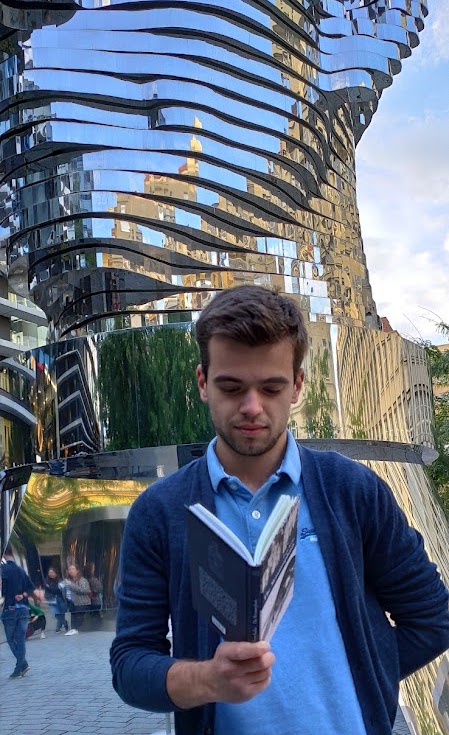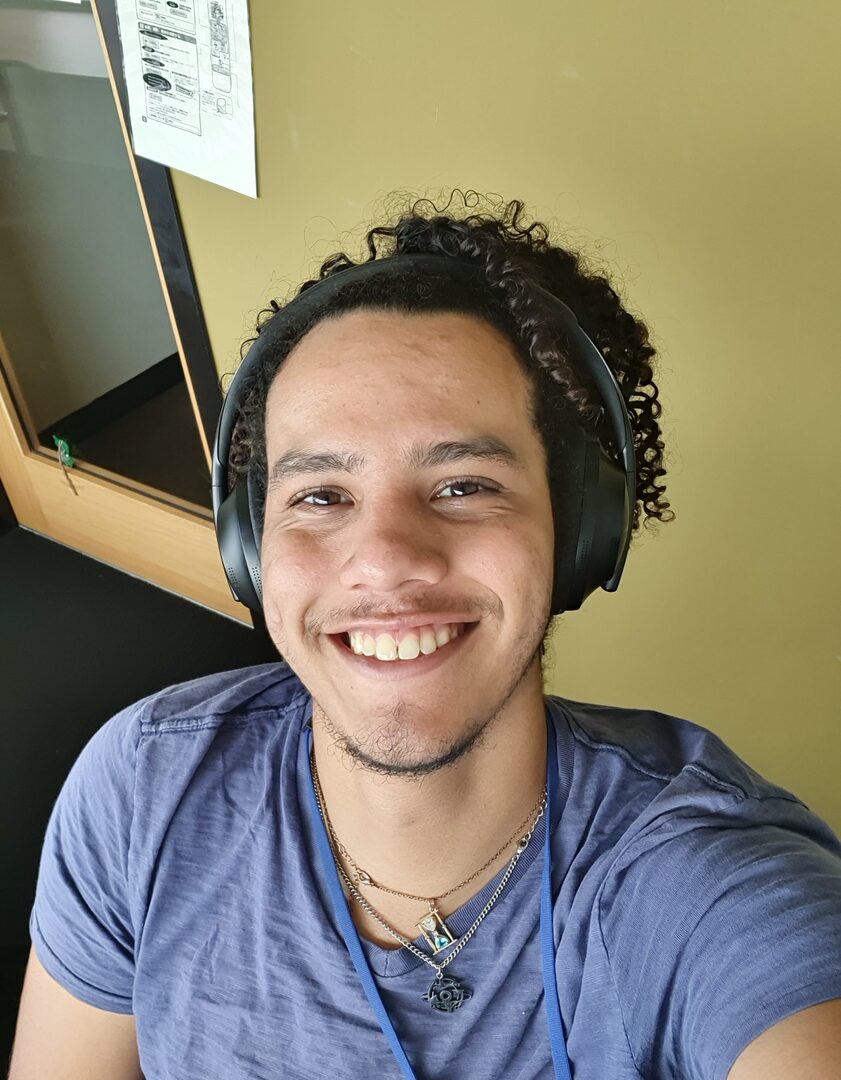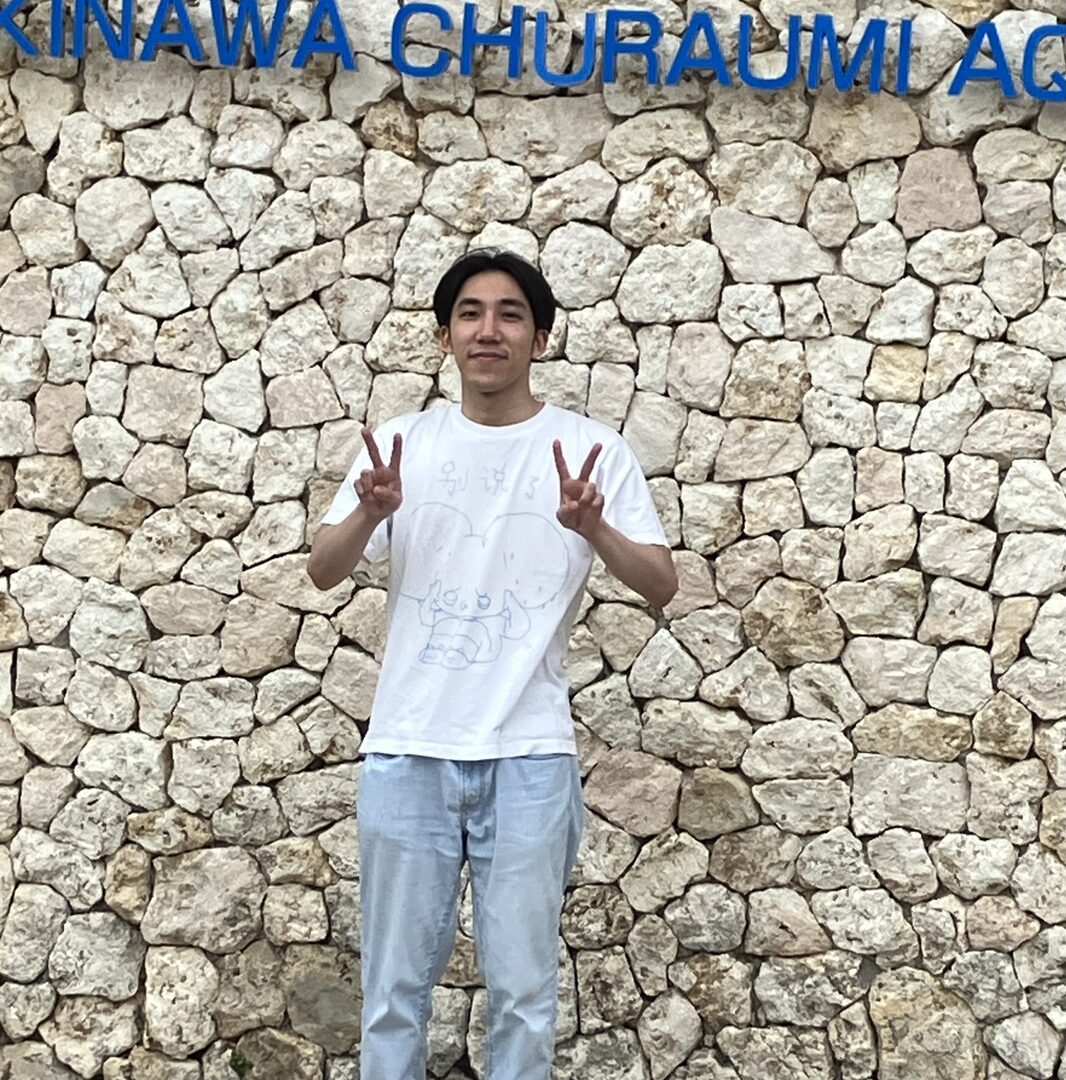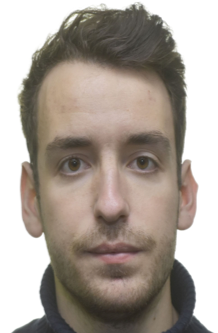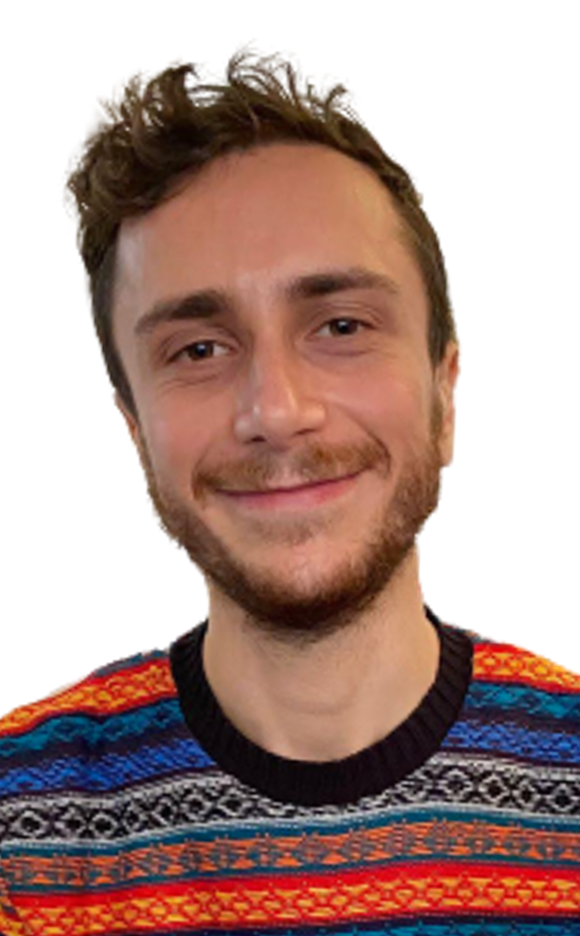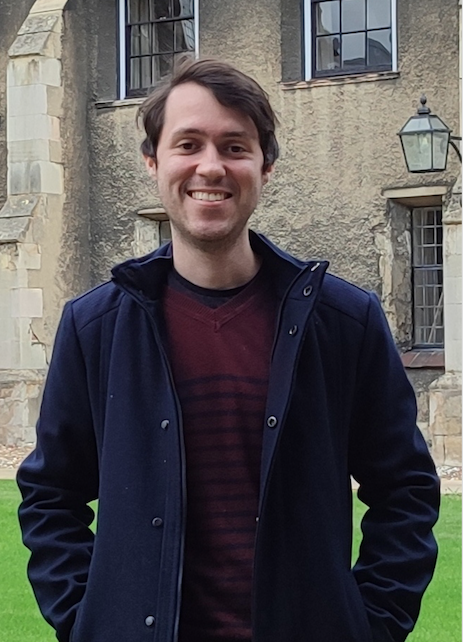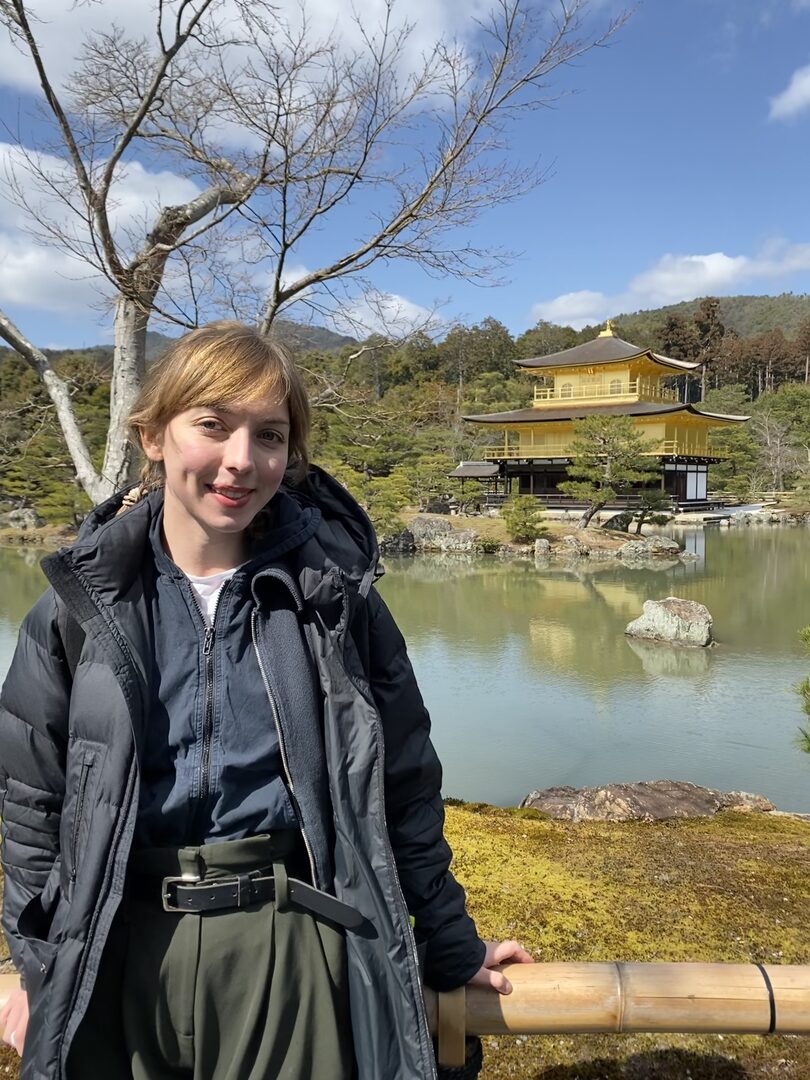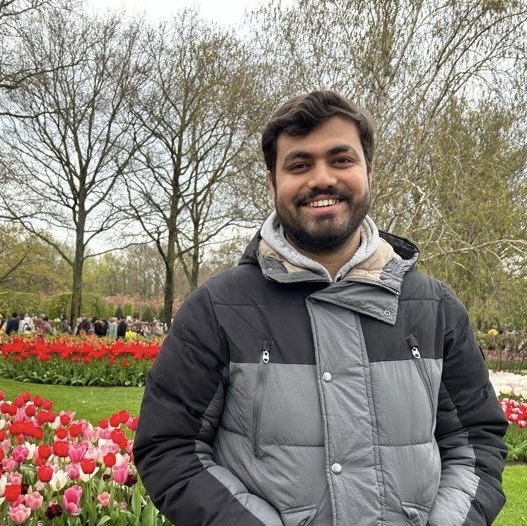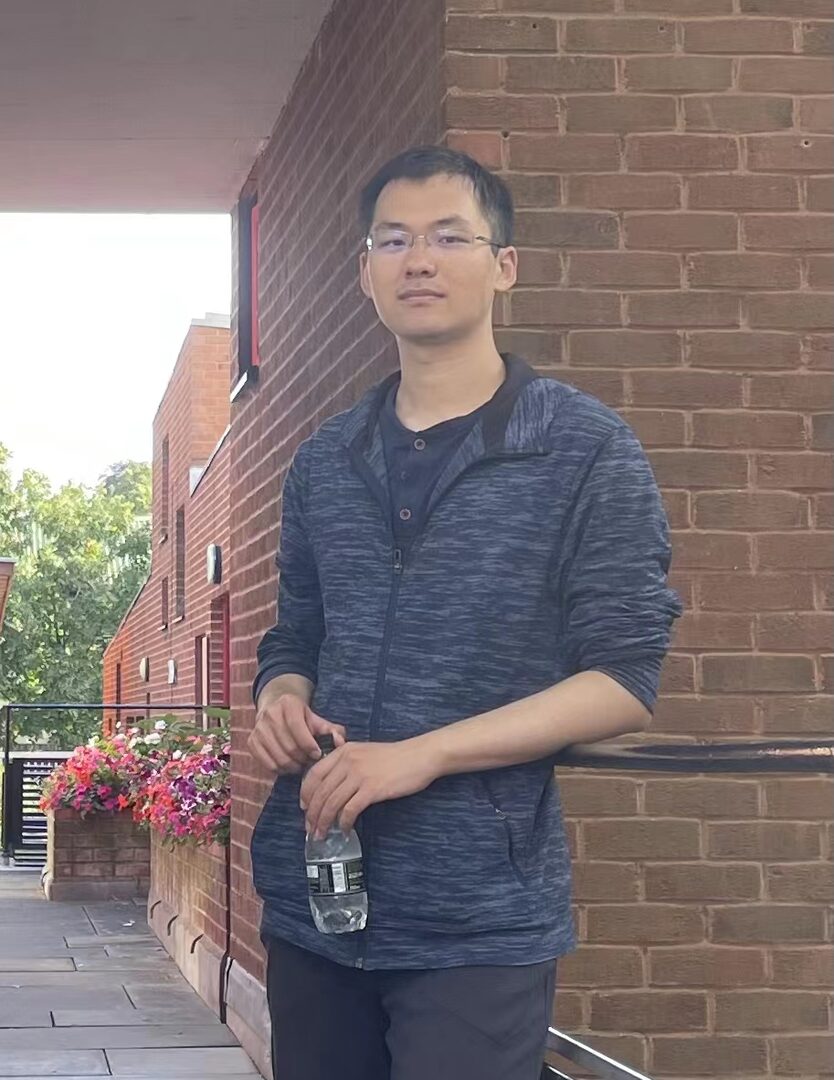Members
Post-doctoral Scholars
Sergio Ernesto Aguilar Gutierrez
My work aims to develop the holographic dictionary in quantum gravity outside of the anti-de Sitter/ conformal field theory correspondence from first principles, guided by the tools of quantum information theory, and some lessons from low-dimensional quantum gravity; to find what results might be useful for developing microscopic models in theoretical cosmology.
Publications: Sergio E. Aguilar-Gutierrez - INSPIRE (inspirehep.net)
Email: sergio.aguilar [at] oist.jp
Goncalo Araujo Regado
Stefan Eccles
List of publications: https://arxiv.org/search/?searchtype=author&query=Eccles%2C+S
Email: stefan.eccles [at] oist.jp
Postdoctoral fellow, University of New Brunswick (Fredericton, New Brunswick, Canada), 2023
Postdoctoral Angelo della Riccia fellow, LMU Munich (Munich, Germany), 2022
Ph.D in Physics, University of Pisa (Pisa, Italy) and LMU Munich (Munich, Germany), 2022
M.S. in Physics, University of Pisa (Pisa, Italy), 2018
B.S. in Physics, University of Pisa (Pisa, Italy), 2015
Constructing a theory of quantum gravity—a coherent synthesis of general relativity and quantum mechanics—is one of the outstanding challenges in modern theoretical physics. Despite the difficulties, decades of theoretical effort have yielded significant insights into the nature of quantum gravity, and by extension, the true nature of space and time.
From the perspective of quantum gravity, the familiar continuum of space and time dissolves at the microscopic level into fundamental entities ("quantum gravity atoms") that exist beyond space and time. My research focuses on understanding how the universe emerges from the collective behavior of these entities and how the quantum nature of spacetime may have shaped the earliest phases of cosmic evolution, potentially leaving subtle imprints on the large-scale structures we observe in the universe today.
Francesco Sartini
Bilyana Tomova
Ph.D. Students
Julian De Vuyst
2019 BSc Ghent University
Javier Pagan Lacambra
Research Intern
Jesse Woods
2024 MASt Mathematics, University of Cambridge
2023 BSc (Hons), Physics, University of Queensland
2022 BSc, Physics, University of Queensland
2022 BSc, Mathematics, University of Queensland
My interests lie in understanding gauge theories, particularly QCD, and their connections to geometry, as well as from an Algebraic QFT perspective. Gravity is also at heart a gauge theory, and thus contains very rich mathematics. I am interested in exploring the deeper connections between gauge symmetries, topological field theory, and the structure of spacetime and hope that it can shed light on both the mathematical underpinnings and physical implications of fundamental interactions. I am also fascinated by the role of entanglement entropy as a key probe into the structure of gauge theories and of spacetime, as it provides deep insights into quantum correlations, order parameters of phase transitions, holography, and the emergence of geometry. Additionally, I'm interested by how these ideas may contribute to unifying quantum field theory and general relativity.
Email: jesse.woods [at] oist.jp
Olamide Odutola
2024 MPhys (Hons) Theoretical Physics, Durham University.
Research Unit Administrator
Midori Tanahara
Alumni
Staff Scientist
Aidan Chatwin-Davies
Currently: assistant professor at the University of Rhode Island, US
2018 Ph.D. California Institute of Technology
2013 M.Math. University of Waterloo
2011 B.Math. University of Waterloo
My research interests lie in quantum information science and quantum gravity, and I generally work on problems in which these fields intersect. I'm particularly interested in cosmology, and a good part of my current research explores what lessons information science can bring to cosmology, and vice versa.
私の研究テーマは量子情報科学と量子重力であり、これらの分野が交差する問題に取り組んでいます。特に宇宙論に興味があり、情報科学が宇宙論にどのような教訓をもたらすか(またその逆も)を主に探求しています。
List of publications: https://orcid.org/0000-0003-1406-9271
Email: aidan.chatwin [at] oist.jp
Post-docs
Isha Kotecha
List of publications: https://arxiv.org/search/?query=Isha+Kotecha&searchtype=all
Josh Kirklin
Fabio Maria Mele
2013 B.Sc. University of Naples “Federico II”, Italy
List of publications: https://arxiv.org/search/?searchtype=author&query=Mele%2C+F+M
Markus Frembs
Rotation Students
Jiahui Bao
Miguel Jorquera Riera
Snigdh Sabharwal
Tatiana Iakovleva
Joshua Carlo Casapao
AY2021 Term 1: Sept-Dec, 2021
Julian De Vuyst
2019 BSc Ghent University
Andreani Petrou
Julian Lang
AY2022 Term 1: Sept-Dec 2022
Saswato Sen
AY2022 Term 1: Sept-Dec 2022
Javier Pagan Lacambra
AY2023 Term 1: Sept-Dec 2023
Email: j.pagan [at] oist.jp
Juan Luis Araujo Abranches
AY2023 Term 1: Sept-Dec 2023
Email: juan.abranches [at] oist.jp
Jin Kozaki
Research Interns
Victor Castillo Martinez
Giovanni Natale
Germain Tobar
Vanessa Brzić
Mritunjay Tyagi
September 19th, 2023 - November 17th, 2023
Currently: PhD student at the University of Groningen
Yihan Yan




